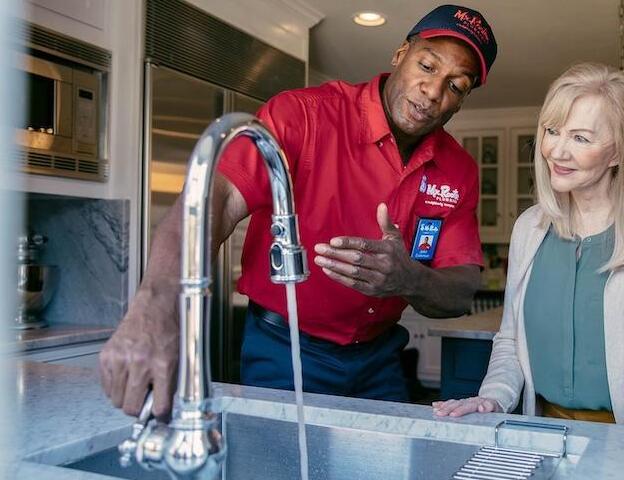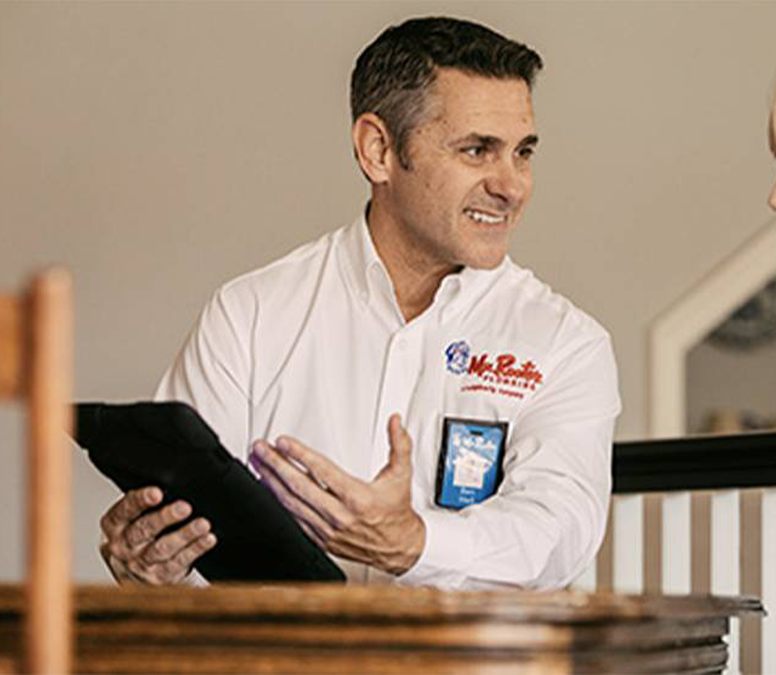Call This Thursday to Get $50 Off Any service over $500
Do You Need a Local Plumber in Waco, TX?
Call us Now to Get $35 OFF.
Call This Thursday to Get $50 Off Any service over $500
Do You Need a Local Plumber in Waco, TX?
Call us Now to Get $35 OFF.

Who doesn’t enjoy a refreshing shower with just the right amount of water pressure? It’s one of those simple pleasures that makes a morning shower feel more invigorating or a long day’s end that much more relaxing. But beyond comfort, water pressure plays a critical role in maintaining the efficiency, effectiveness, and longevity of your plumbing system.
Whether the pressure is too high or too low, it can affect everything from your appliances to your water bill. In this brief article brought to you by Mr. Rooter Plumbing, we take a closer look at why water pressure matters, what’s considered a safe water pressure level, and how you can check the pressure in your own home to ensure everything’s flowing just right.
Water pressure isn’t just about having a powerful shower. It’s a key factor in how your entire plumbing system performs. Here’s why maintaining optimal water pressure is so important:

So, what’s the magic number when it comes to water pressure? The ideal water pressure for most homes falls between 40 and 60 psi (pounds per square inch), with 50-55 psi often considered the sweet spot.
Pressure below 40 psi is typically too low. You may experience weak showers, slow-filling appliances, and overall reduced efficiency. Meanwhile, pressure above 60 psi is too high and can lead to damage over time.
Fortunately, checking your home’s water pressure is a straightforward process that doesn’t require professional plumbing knowledge. Here’s how you can do it yourself in just a few steps:
If your water pressure is consistently outside the safe range, or you notice fluctuations in pressure, it’s best to have a plumber in Hewitt, TX investigate. High or low pressure can be symptoms of larger plumbing issues.
Residents in the area who need reliable and affordable plumbing service can call Mr. Rooter Plumbing. We offer competitive pricing and price quotes upfront.
Contact Mr. Rooter Plumbing if you need emergency plumbing repair service. Our team is on standby to take your call or message at any time of the day.
The truth is, plumbing issues can be intimidating, especially when they catch you by surprise.…
Deciding What Kind of Bathroom Toilet to Get Choosing the right toilet…